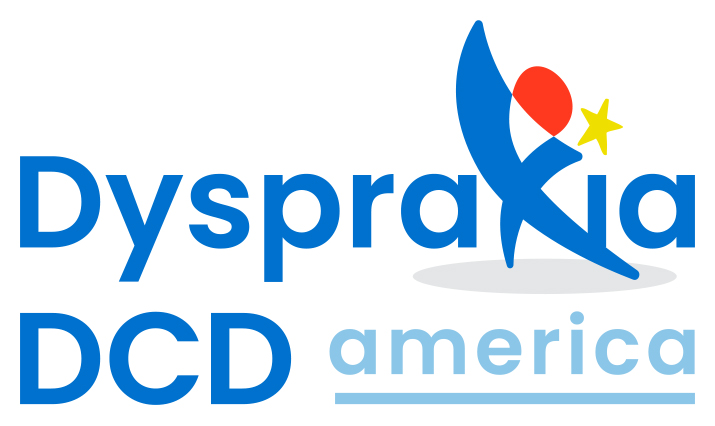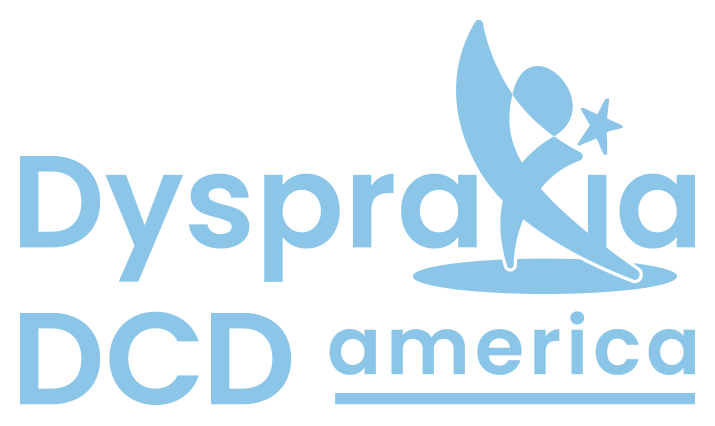Yes. A diagnosis guides treatment and it helps the child or adult and their family understand what the individual is experiencing, why certain motor difficulties and related behavior issues are occurring and learn strategies to address them. A diagnosis may also facilitate access to medical and educational services and support. Finally, it may come as a relief to someone who may have been perceived as “not trying” or “being lazy” to have a name for the struggles they’ve endured and a plan for developing coping strategies moving forward.


